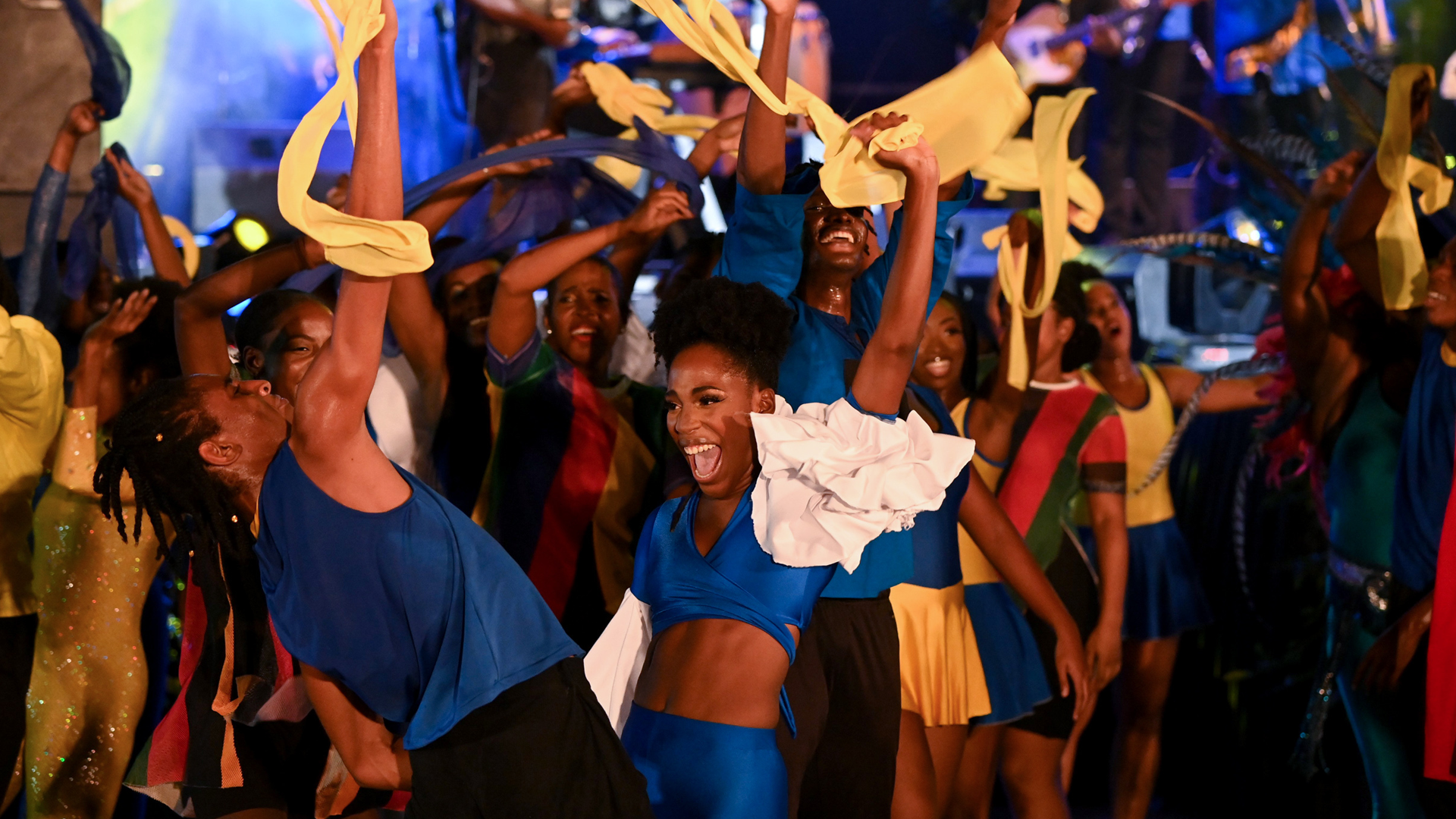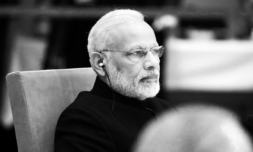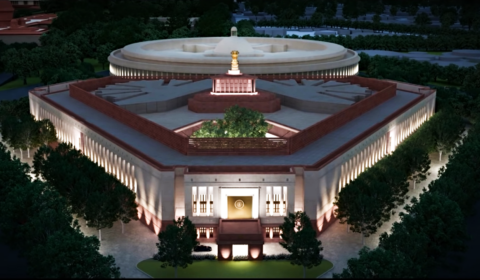In the early decades of settlement, Barbados became a wealthy British colony, where African slaves were forced to work in sugarcane fields.
Many members of the British Commonwealth share a similar history, with some viewing a continued rule by the British monarchy as a perpetual reminder of colonial oppression.
So in the last 15 years, Barbados made many efforts to distance itself from the powers of colonialism. It dropped the London Privy Council in favour of the Caribbean Court of Justice in 2005 and first proposed becoming a republic as far back as 2008.
Pushbacks made becoming a republic a slow, but inevitable transition. And experts believe other Commonwealth nations could soon follow suit – especially Jamaica, where both political parties stand in favour of severing ties with the monarchy completely.
Barbados is not the first to do this, either. The most recent country to remove the Queen as Head of State was Mauritius in 1992, following in the footsteps of Guyana, Trinidad and Tobago, and Dominica throughout the 1970s.
Former political leaders of Barbados say that the decision to become a republic stems from looking back at a ‘relationship soured by the long history of slavery,’ which can no longer be retained.
That said, they have also been clear that removal of the Queen as head of state does not imply a sense of animosity, but a want to an independent, self-directed future. As such, the island will continue to be a voluntary member of the British Commonwealth.
‘We are very cognisant of the fact that Britain has, in a sense, provided the format for our development – almost everything that we have in Barbados relates to Britain in one way or another,’ said former political leader and academic Robert Morris.
If any indication of this cordial relationship was needed, Prince Charles attended the ceremony – albeit looking quite sombre. Also joining in the celebration was none other than Rihanna, who was declared the Caribbean island’s National Hero, of course.
Growing up in Bridgetown, the music, fashion, and beauty icon has effectively put Barbados on the map. She has also contributed immensely to bettering her island home through charitable work and establishing her own foundations.
The leader of the Barbados republican movement congratulated Rihanna saying, ‘May you continue to shine like a diamond and bring honour to your nation by your works, by your actions.’
It is this type of work, combined with proposed colonial reparations – such as scholarships for Barbadians, assistance with developing renewable energy sectors, opportunities in sport and agriculture – from Britain, which will help to uplift the Black community on the island.
Though Britain’s dark colonial history can’t be rewritten, there’s always the opportunity to create a better future. And for the people of Barbados, the future is already looking brighter.





















